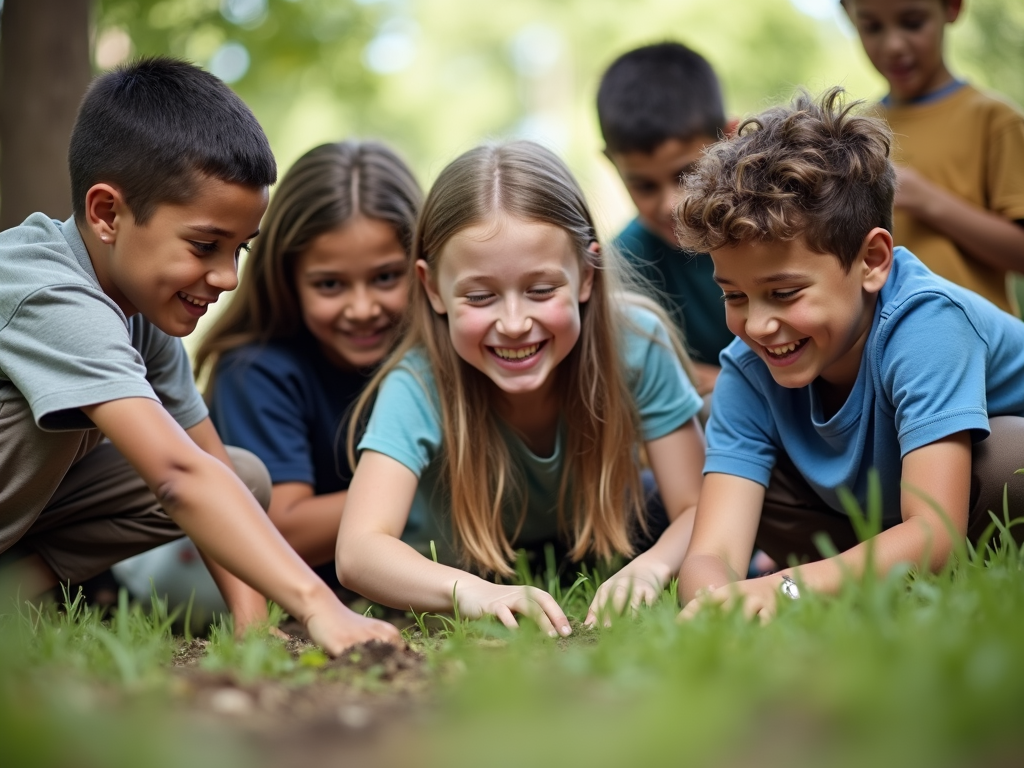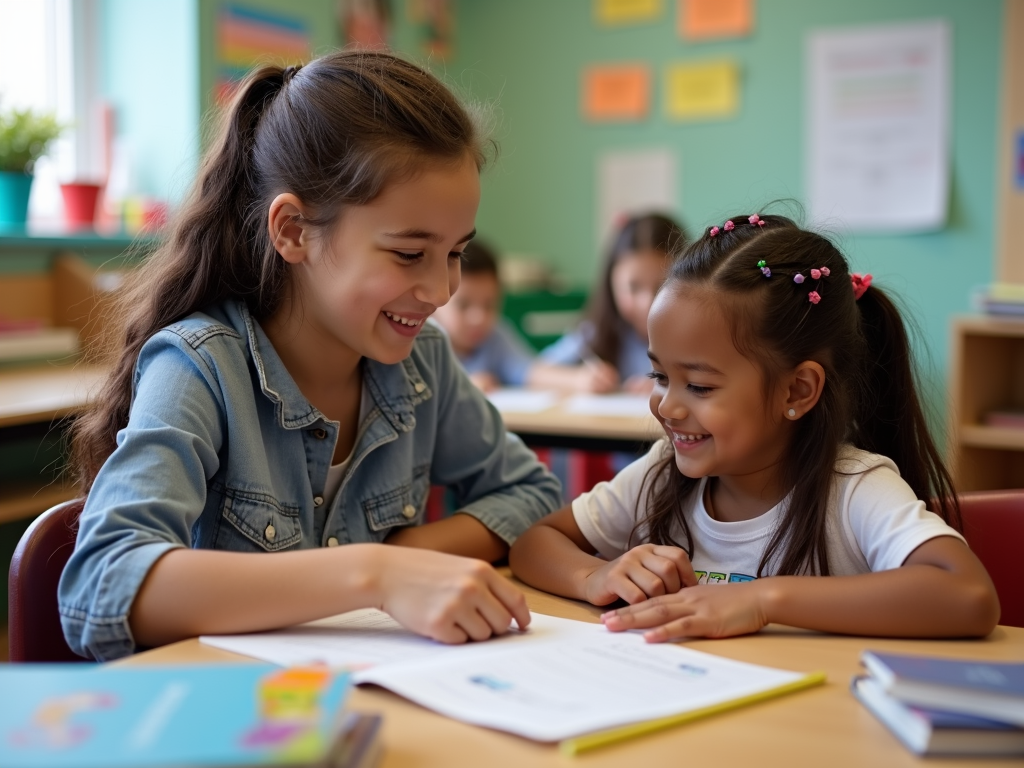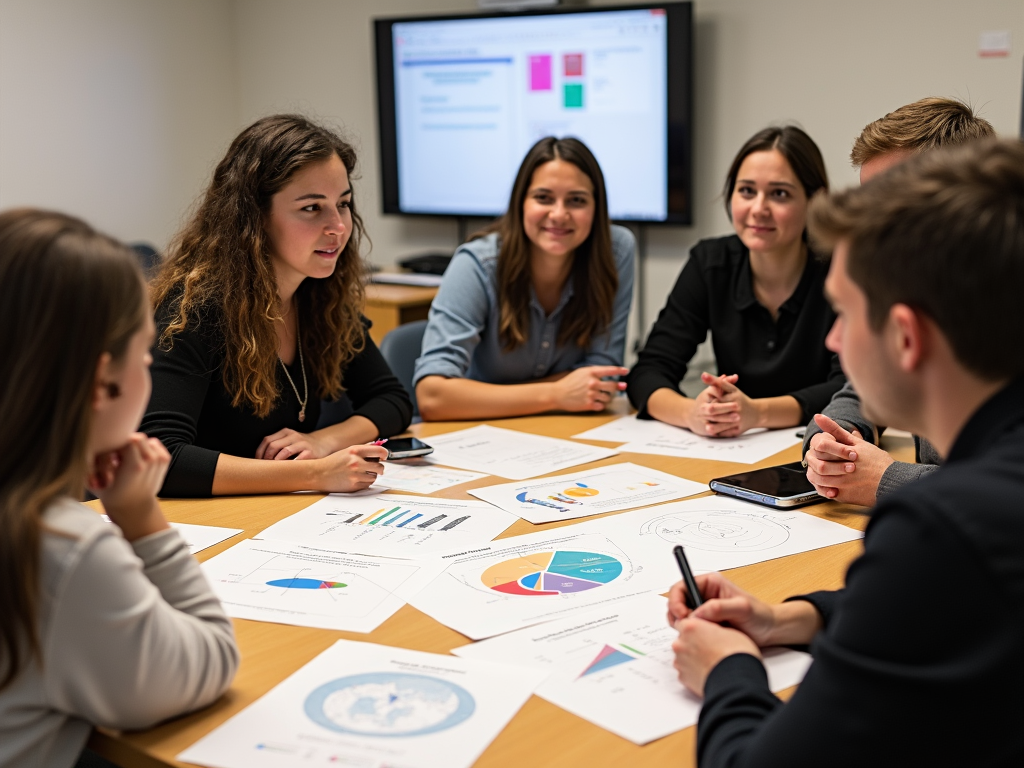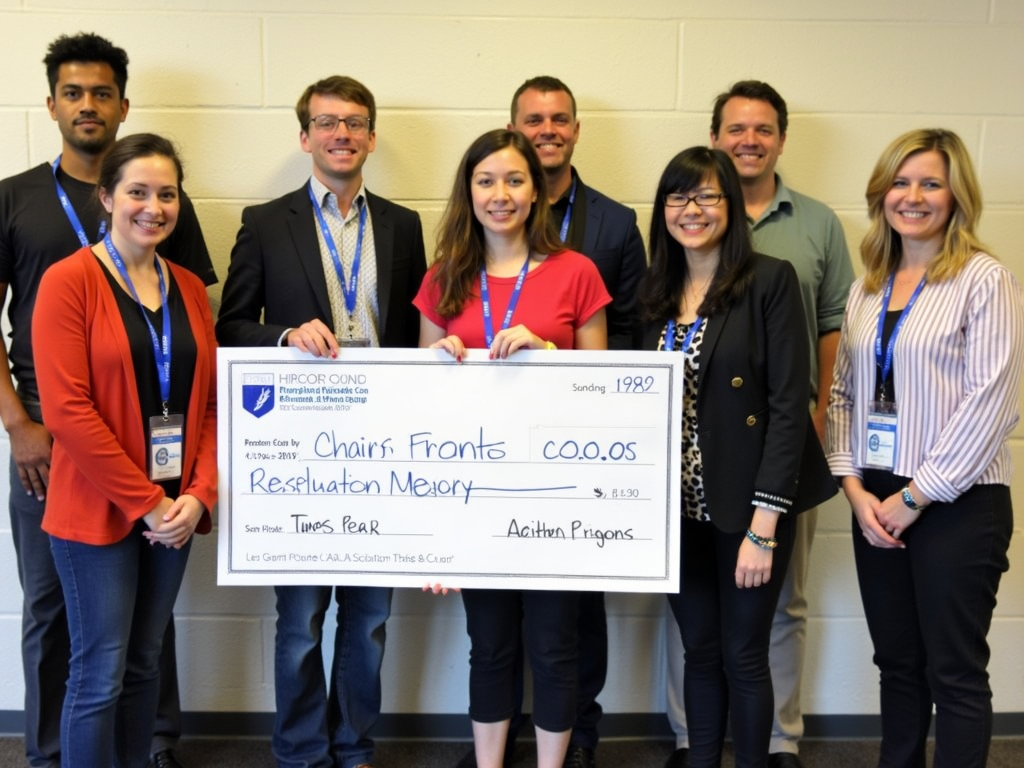Fostering Community Engagement through Service Learning: A Comprehensive Guide
By , March 26, 2025
Overview
Service learning blends classroom lessons with hands-on community service. It’s a unique way to boost student growth while strengthening communities. This article dives into how fostering community engagement through service learning works, offering practical tips, funding ideas, and real stories to inspire you.
What Is Service Learning?
Service learning is more than volunteering—it’s education with purpose. Students tackle real community problems using what they learn in class. Think of it as a bridge between textbooks and the real world. It builds skills, sparks curiosity, and connects people. I’ve seen students light up when their work makes a difference, like when a group I taught helped a local shelter. That’s the magic of service learning.

Why Service Learning Matters
This approach changes lives. For students, it sharpens skills like problem-solving and teamwork. Communities gain solutions to real issues—like cleaner parks or better literacy programs. Schools build stronger ties with neighbors. Once, I watched a shy student become a leader while organizing a food drive. That’s the power of hands-on learning.
Benefits for Everyone Involved
Here’s how service learning shines:
- Students: Gain confidence, apply knowledge, and care more about their world.
- Communities: Get help with needs like tutoring or green spaces.
- Schools: Boost their reputation and student involvement.
It’s a triple win. Everyone grows together.

How to Start a Service Learning Program
Ready to try it? Here’s a simple plan:
- Find a Need: Talk to local groups—schools, shelters, or parks.
- Match the Lesson: Link the project to what students are studying.
- Team Up: Get teachers, students, and community folks on board.
- Prepare: Train everyone so they’re ready to jump in.
- Reflect: Have students share what they learned.
Start small. A class I worked with began by planting trees. It grew from there.

Service Learning Grants and Funding
Money keeps these programs alive. Funding pays for supplies, travel, and training. Where do you find it?
- Government programs like the Corporation for National and Community Service.
- Foundations such as Ford or Kellogg.
- Local businesses or school budgets.
My tip? Write clear proposals showing how the project helps everyone. I once landed a small grant by highlighting student success stories.

Real Stories That Inspire
Service learning works everywhere. Picture this:
- Green Living: Biology students restore a park’s ecosystem.
- Health Help: Nursing students run free check-ups.
- Tech Boost: Coders build websites for charities.
I saw a team of students teach kids to read. The smiles—on both sides—said it all.

Facing the Challenges
It’s not always easy. Here’s what might pop up:
| Challenge | Fix It With This |
|---|---|
| Too busy | Blend service into class time |
| Low funds | Hunt for grants or donations |
| Partner issues | Set clear goals together |
| Hard to measure | Use simple surveys or reflections |
I’ve hit these bumps. Planning ahead keeps things smooth.

Tips to Make It Work
Keep it simple at first. Build strong teams with clear roles. Listen to feedback—students and community members know what works. I learned this when a project flopped because we skipped the planning. Lesson learned: preparation is everything.
Final Thoughts
Fostering community engagement through service learning builds bridges. Students grow, communities thrive, and schools shine. It’s about action—volunteering with a purpose. Start today. Find a need, grab some friends, and make a change. The rewards are worth it.